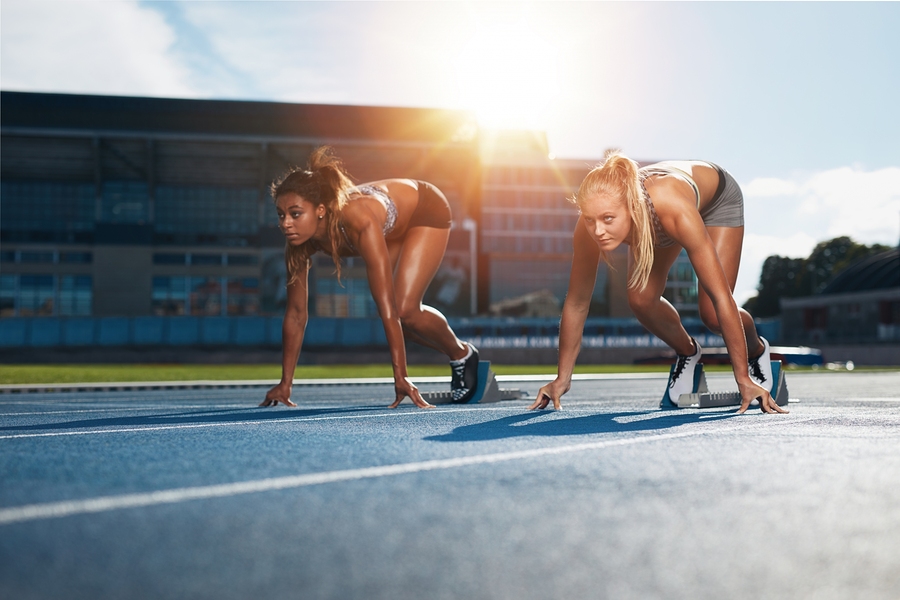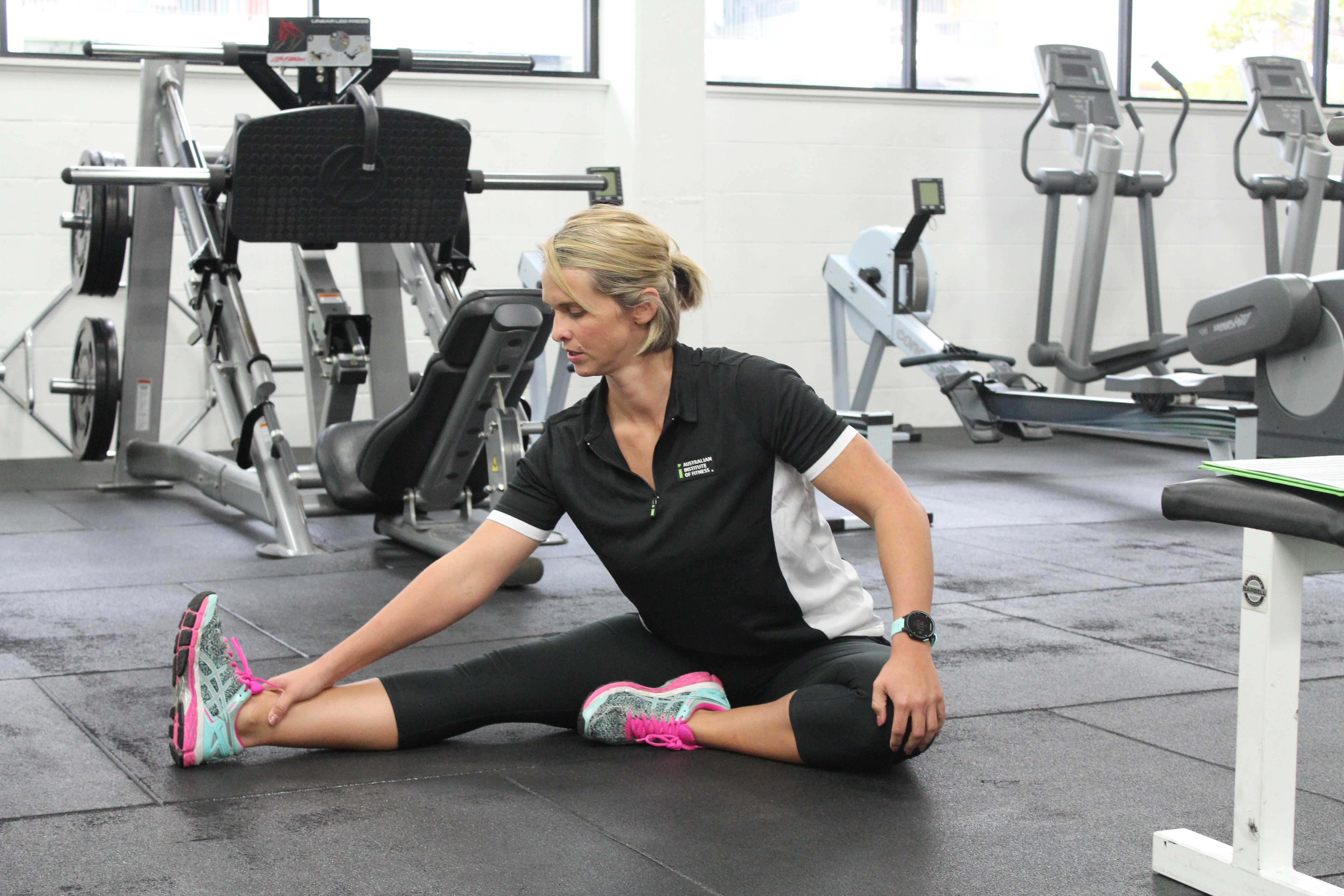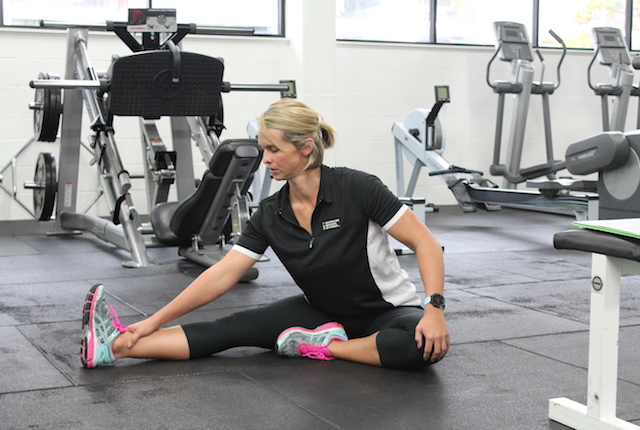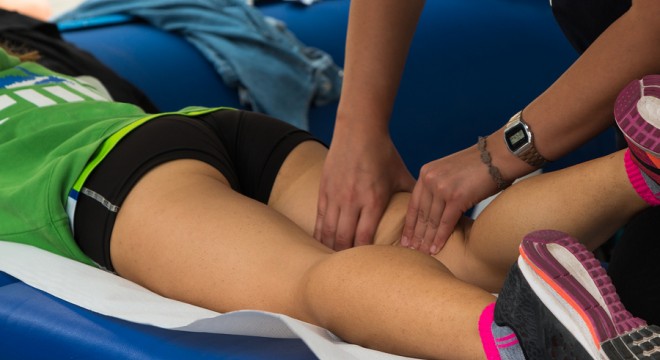By The Australian Institute of Fitness

Well, City-Bay Fun Run and The Colour Run is approaching and if you’re planning on having a crack this year – good on you! But, if you are, there are a few things you should and shouldn’t be doing after the race…
At a quick glance through popular health and fitness blogs, websites and magazines you may see that massage is promoted as an excellent tool for recovery after a fatiguing athletic or recreational event.
Many athletes who compete in fatiguing sports such as basketball or soccer swear by post-sport massage. A lot of fitness gurus who take part in Tough Mudder, Crossfit and HIIT training also report big benefits.
But is massage for post event recovery actually that effective?
Massage therapists and personal trainers are in a great position to make recommendations to their clients on how to best approach their post-event or post-workout recovery to ensure that it is as quick and pain-free as possible.
The two key aspects of recovery that relate to the average client are restoring performance (eg running time, jumping height, power output on a rower, control in complex movements) and restoring comfort (eg no longer feeling stiff, tired or in pain). When performance and comfort are back to normal levels the client is considered to be recovered.
WHAT DO THE ATHLETES SAY?
Testimonials from massage clients indicate that many who receive a post-event massage feel better as a result.
Three time Olympian and current Master Trainer student, Libby Trickett shared that she would have massages twice a week when preparing for the Olympics, and during the Games she would have a massage at least once a day! How good would that be?!
“Massage kept my body going through my swimming careers,” says Libby Trickett.
WHAT DO THE STUDIES SAY?
It turns out that there is little scientific evidence to support the benefit of post-exercise massage to enhance recovery.
One study by Wilkins (2012) investigated the effects of receiving a massage immediately following a fatiguing running activity in hockey players. The investigators found that following a 10 minute massage there was a significant perception by the participants that their recovery had improved. However, there was no measurable performance benefit for sprinting or jumping in the hockey players after the running bout. The researchers concluded that the benefits of massage after activity may be more psychological than physiological.
WHAT ARE THE BEST RECOVERY TOOLS FOR ATHLETES TRAINING FOR EVENTS?
The research currently indicates that recovery massage in the 24 hours after an event has no proven effect on performance. The most consistent effect that investigators have found to date is that post-event massage has a positive psychological effect.
A 2014 study by Jay and co-workers where 22 participants exercised to fatigue performing stiff-legged deadlifts found that the participants who received massage were less sore for up to 48 hours after the exercise than those that didn’t receive massage. In other words we can confidently say that post-event recovery massage makes people feel better.
This is not to say massage doesn’t have it’s benefits outside of the twenty-four hour window post events. When training, regular massages are great to relieve tension and help prevent injury.

As professionals it is important to ensure that our clients are being advised and serviced using the best information available to us. Even though there is good evidence that massage can contribute to physical, psychological and emotional health as a part of an overall health management program, there is not sufficient evidence to recommend massage to promote physical and performance recovery in the 24 hours after fatiguing physical activity. At best we can confidently advise our clients that many athletes swear by massage after an event and that most people who receive a massage after fatiguing activity say they feel better for it.
For more information, our Remedial Massage Therapist course explores how athletes use massage in their training regime and the ways it can be used to better athletic performance.










